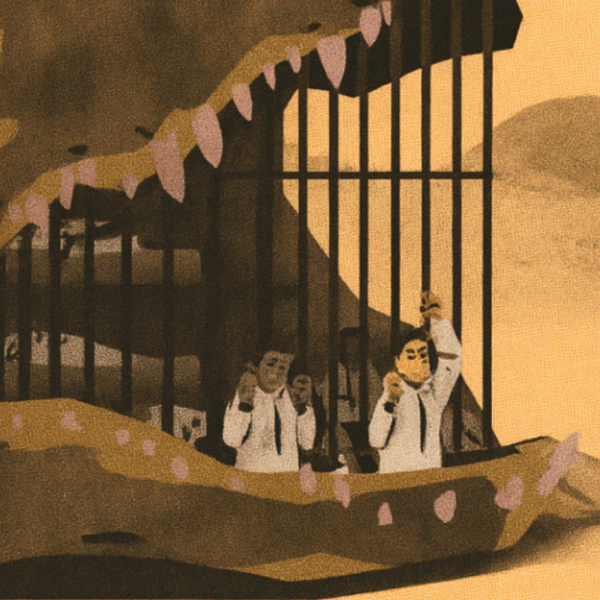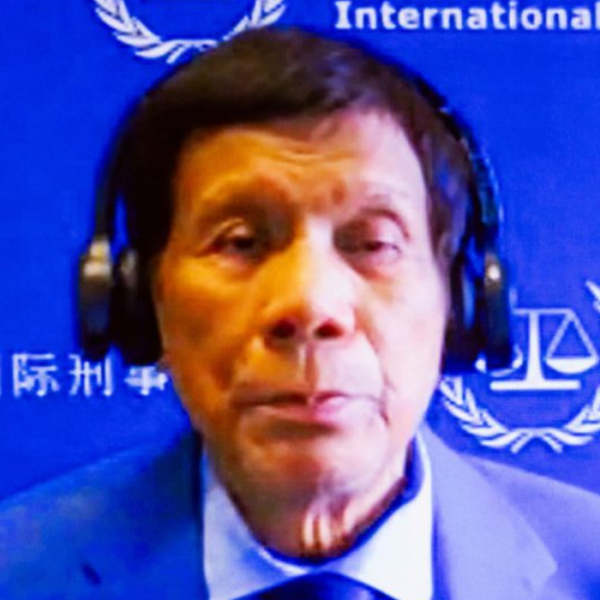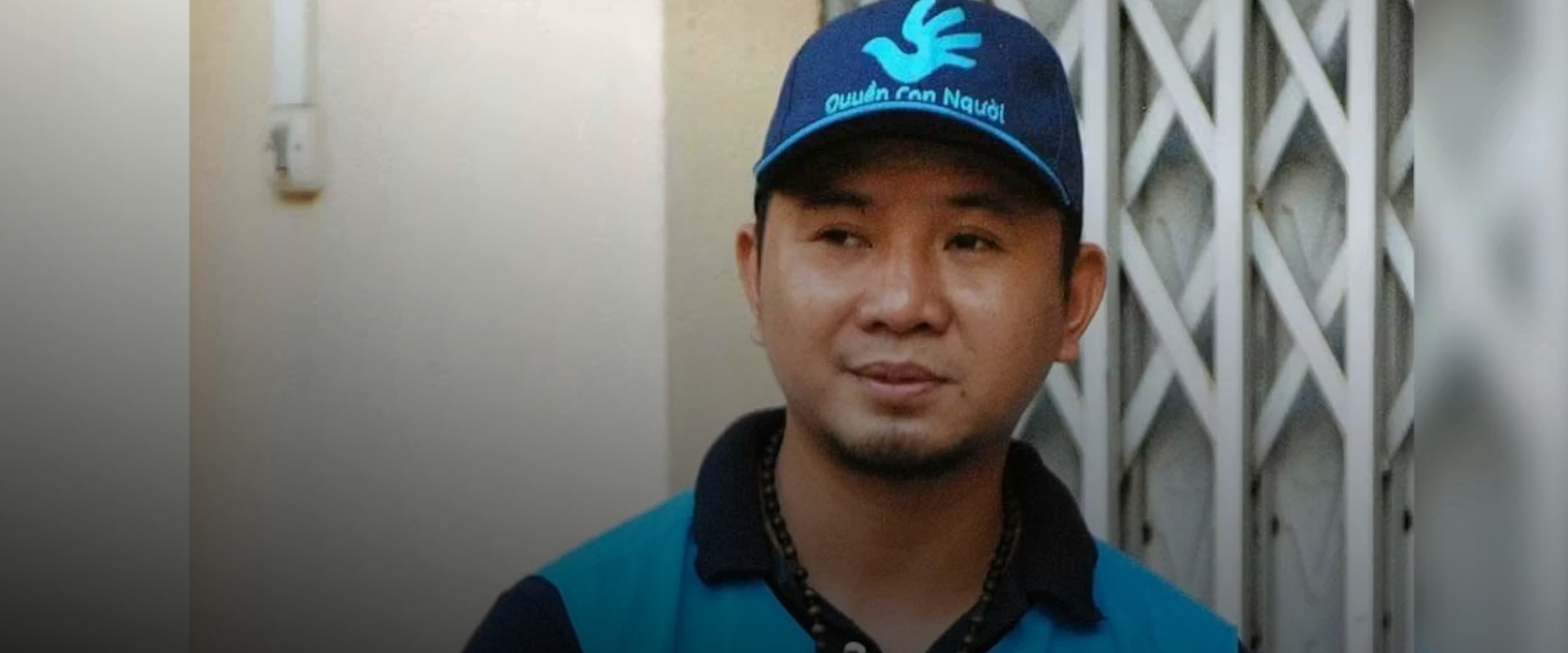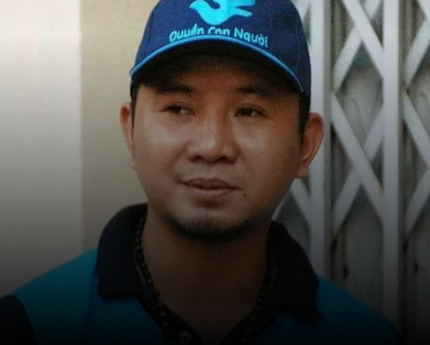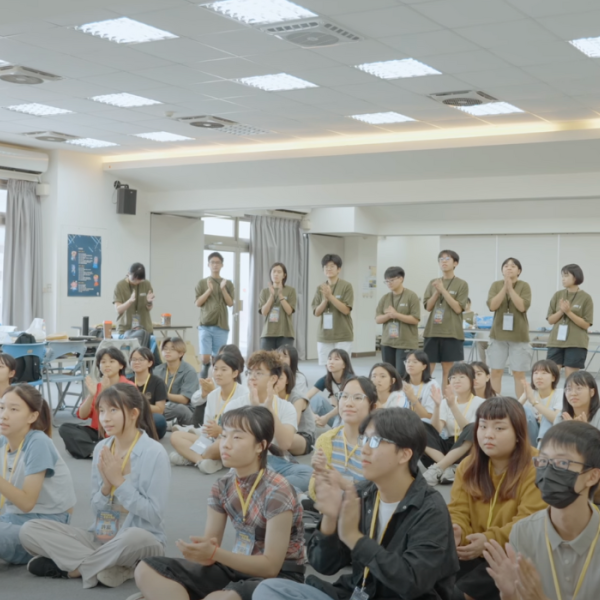2011 國際特赦組織年度人權報告 - 台灣 (TAIWAN - Amnesty International 2011 Human Rights Report)
TAIWAN
Head of state: Ma Ying-jeou
Head of government: Wu Den-yih
Death penalty: retentionist
Executions resumed. The authorities failed to deliver on promises to amend a law governing freedom of assembly. A corruption scandal affecting the judiciary prompted calls for judicial reform. Migrant workers continued to face multiple abuses of their rights.
Background
The government continued reviewing all laws, regulations and administrative measures for alignment with the International Covenant on Civil and Political Rights and the International Covenant on Economic, Social and Cultural Rights. Local activists questioned whether completion to a high standard was feasible by the December 2011 deadline.
Death penalty
In April, four people were executed, the first executions since 2005. On 28 May, Taiwan’s Constitutional Court rejected a petition to halt executions made on behalf of 44 death row inmates, four of whom had been executed in April. Four new death sentences were imposed, bringing the total number of prisoners awaiting execution to more than 70. In October, an expert panel established in the Ministry of Justice recommended abolition of the death penalty.
Freedom of expression
In September, the Taipei District Court suspended prosecution of two academics and leaders of human rights organizations, Lin Chia-fan and Lee Ming-tsung, for leading demonstrations without permits in 2008. The court submitted Lee Ming-tsung’s case for constitutional interpretation of several articles of the Assembly and Parade Law to assess possible infringement of citizens’ rights to assembly and free speech. In November, students protested against the government’s failure to deliver on its 2009 proposals to amend the law, including removing the requirement for prior police approval of demonstrations.
Justice system
In July, the president of the Judicial Yuan resigned after a major corruption scandal involving high court judges. The crisis prompted demands for effective evaluation of judges and the draft Judges Act, under deliberation for more than 20 years, finally became a priority in the Legislative Yuan.
Migrants’ rights
Migrant workers in Taiwan faced multiple abuses of their rights, including the right to transfer between employers and to form unions. Harsh and discriminatory working conditions, and exorbitant brokers’ fees contributed to large numbers leaving their original employer and becoming undocumented. Domestic workers are not protected by the Labor Standards Law, and are particularly vulnerable to sexual harassment, inadequately paid overtime and poor living conditions.
DOWNLOAD PDF:
Annual Report 2011
The state of the world's human rights
http://amnesty.org/en/annual-report/2011/downloads#en
更多影音
- 全球
酷刑工具是如何被警方用來針對示威者?
- 全球
阿姆內斯提青春大舞台 2024高中生人權營
失去眼睛的警察暴力倖存者萊迪述說她的遭遇
- 全球
